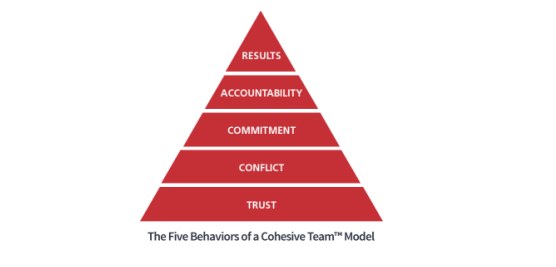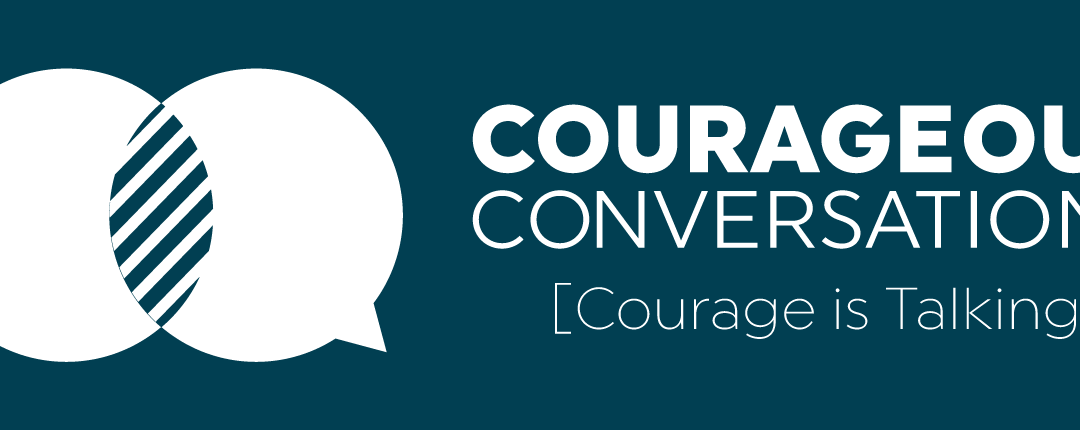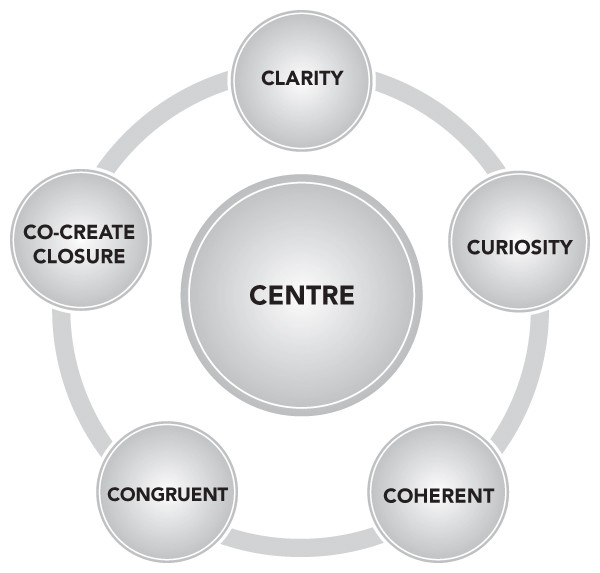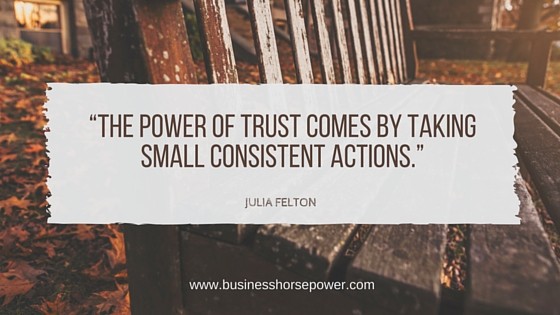
The Power of Shared Experiences: Building Trust and Innovation in Teams
High-trust teams are truly a powerhouse in the workplace, and the numbers from Harvard Business Review reflect that brilliantly—these teams are a staggering 50% more productive and 76% more engaged than those bogged down by low trust. But it doesn’t stop there: they also enjoy an incredible 106% boost in energy, experience 74% less stress, and face 40% less burnout, all of which create the perfect conditions for sparking creativity and innovation. In other words, it’s trust that fuels successful teams, and it’s best cultivated through shared experiences that bring everyone together, such as engaging workshops, collaborative projects, and fun team-building activities.
Build strong relationships through EQ
Shared experiences can strengthen the team’s EQ — the ability to understand and manage your own emotions, as well as those of others — which is essential to build high-trust relationships. In particular, shared experiences encourage employees to pick up on each others’ norms and emotional cues, which strengthens their empathy, communication, and conflict resolution skills. And this helps team performance — teams with higher EQ are 20% more productive than low-EQ teams.
Without EQ, team members may find it difficult to control and express their emotions, which spells disaster for effective team work. To improve EQ, begin sessions with emotional check-ins where people ask each other how they feel. Encourage team members to give honest, in-depth answers. So, if someone’s excited, they should elaborate on the type of excitement. Or, if they’re nervous — exactly how nervous? This exercise opens people up and gets them mindful about emotions, theirs and other peoples.
Boost open communication and transparency
As shared experiences strengthen communication skills, they can build a workplace culture of openness and transparency — which further supports growth of strong teams. High-trust teams find it easy to share the information needed to do their jobs. On the other hand, poor team communication can often represent deeper dysfunction and a lack of trust. ““Knowledge hiding” often suggests a lack of psychological safety or an underlying power struggle”, explains HBR. Through shared experiences, employees can learn to take on the responsibility of keeping each other in the loop themselves — rather than relying on a superior to do it. Proactively sharing information is essential in team-based activities, and becomes a habit that’s carried over into everyday work interactions.
Of course, in some cases, teams may not be as open as they’d like because their work set-up doesn’t allow for it. Businesses, therefore, should implement digital communication tools (like Asana, Slack, and Microsoft Teams) to facilitate easy knowledge share. Employees should also be formally upskilled in these tools, so they get the most out of them. Notably, 91% of businesses say digital upskill programs like this improves productivity and efficiency. Plus, when employees have the freedom to choose exactly which skills they develop, it’s even easier for digital upskilling to unlock employee potential, satisfaction, and loyalty. “If your employees feel that they’re growing and developing their skills and that these skills suit their strengths and their career goals, they are going to be more satisfied and more likely to stay in their roles”, explains Karen Kirton, Amplify HR founder.
Fuel creative thinking and innovation
Trust developed through shared experiences is also the backbone of innovation and creativity. This is because when team members feel comfortable around and supported by their colleagues, they’re more likely to feel confident enough to pursue creative ideas and problem-solving strategies without fear of judgment or criticism. “Trust is an important trait that increases individual creativity, idea generation, information sharing, and openness”, a literature review in Frontiers in Psychology reveals. “Some studies have reported that trust induces innovation when communication is open and the environment is supportive, tolerant, and friendly”.
For example, Buffer, the social media management platform, is known for their culture of trust and transparency — one that’s successfully fueled company innovation and growth. In particular, Buffer hosts annual “Build Weeks”, which allows teams — composed of people who don’t usually work together — to collaborate on any project they like. A number of successful new Buffer features have been integrated as a result of these out-of-the-box sessions.
Shared experiences are a powerful way to build trust and innovation across teams. When teams have high levels of trust, members are ultimately better positioned to come up with ideas that innovate and move your business forward.
Article contributed by Nina S
















